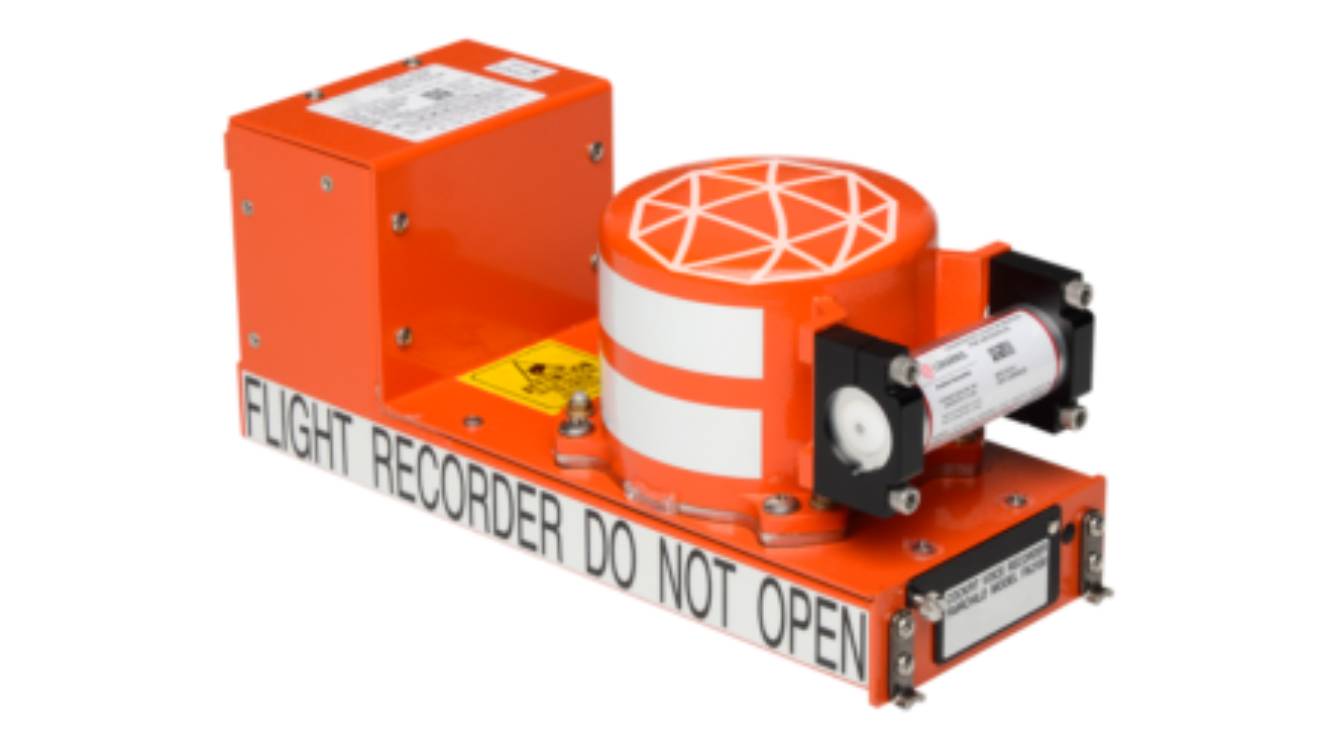A multinational search for a deep-sea submersible, the Titan, that was on a mission to explore the century-old wreckage of the Titanic, came to a devastating conclusion as the U.S. Coast Guard confirmed its discovery in pieces from a "catastrophic implosion."
The ill-fated vessel, carrying five individuals, met a tragic fate, leaving no survivors.
The debris field, found by a robotic diving vehicle deployed from a Canadian ship, marks the final resting place of the Titan, deep beneath the surface of the remote North Atlantic.
Rear Admiral John Mauger of the U.S. Coast Guard addressed the press, revealing the details of the distressing find.
"The debris field here is consistent with a catastrophic implosion of the vehicle," he stated somberly.
The fragments discovered in the debris field, approximately 1,600 feet from the bow of the Titanic, included significant sections of the Titan such as its tail cone and two parts of the pressure hull.
However, no information was provided regarding the presence of human remains.
The Titan, operated by OceanGate Expeditions, a U.S.-based company, had been missing since it lost contact with its surface support ship on Sunday morning.
The ill-fated dive lasted a mere hour and 45 minutes, falling short of the anticipated two-hour exploration of the world's most renowned shipwreck.
OceanGate, preempting the Coast Guard's press conference, released a statement confirming the unfortunate fate of the five men onboard the Titan, including Stockton Rush, the company's founder and CEO, who was piloting the submersible.
The other victims included British billionaire and explorer Hamish Harding, Pakistani-born businessman Shahzada Dawood and his 19-year-old son Suleman, both British citizens, and the esteemed French oceanographer and Titanic expert Paul-Henri Nargeolet.
Renowned Hollywood filmmaker James Cameron, known for directing the Oscar-winning film "Titanic," shared that he was informed of the implosion within 24 hours of the submersible's disappearance.
Cameron expressed his dismay, drawing a parallel to the ill-fated Titanic itself.
"I'm struck by the similarity of the Titanic disaster itself, where the captain was repeatedly warned about ice ahead of his ship and yet he steamed at full speed into an ice field," he remarked, highlighting the tragic nature of the submersible's demise.
The loss of the Titan and the lives of those aboard have sent shockwaves through the maritime exploration community.
As investigations into the cause of the implosion commence, questions will undoubtedly arise regarding the safety measures taken and the future of deep-sea explorations.
The fate of the Titan serves as a poignant reminder of the unforgiving and treacherous nature of the ocean depths and the necessity for utmost caution in the pursuit of exploration and knowledge.

-1687510468.jpg)









